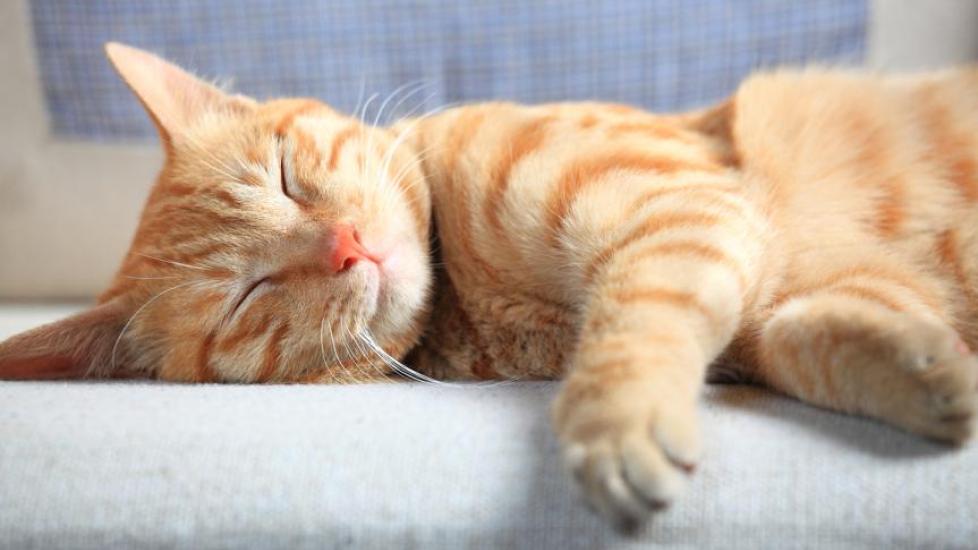 Unraveling the Mysteries of Feline Flatulence – Do Cats Really Fart?
Unraveling the Mysteries of Feline Flatulence – Do Cats Really Fart?
Introduction:
Cats are often associated with grace, elegance, and mystery. They captivate us with their independent natures and quirky behaviors. However, one question that has perplexed cat owners and enthusiasts alike is whether our feline friends can indeed let out a fart. In this article, we delve into the world of cat digestive systems to uncover the truth about kitty gas.
The Anatomy of a Cat’s Digestive System:
Before we explore the possibility of cats passing gas, it’s crucial to understand their unique digestive system. Cats have relatively short gastrointestinal tracts compared to other mammals, which allows them to digest food quickly and efficiently. This rapid process minimizes the chances for excessive fermentation in the intestines—a key factor in producing gas.
Meow-deling Gas Production: A Comparative Look:
To gain perspective on the matter, let’s compare cats to dogs. Dogs do indeed pass gas due to their longer digestive tracts, which allow for more bacterial activity and subsequent gas production. However, cats possess a different diet preference and physiology, both of which contribute to the potential for flatulence in these creatures.
Feline Dietary Influences:
Cats are obligate carnivores, meaning they require meat in their diets to survive. Their stomachs produce highly acidic environments capable of breaking down proteins from animal sources. Because plant matter isn’t part of a typical feline menu, there’s less likelihood of complex carbohydrates fermenting and creating gases within the digestive system.
Training Your Senses: Recognizing Kitty Gases:
Even if cats don’t typically emit loud or offensive odors like humans or dogs might, some experts believe that under certain circumstances, a cat could release small amounts of gaseous expulsion without making much noise or leaving an overpowering scent behind. These subtle occurrences may go unnoticed by most pet parents unless they become accustomed to looking for signs such as sudden movements after lying still or changes in posture following meals high in fiber content (which would be uncommon but not impossible).
Conclusion:
In conclusion, while it seems unlikely based upon anatomy and dietary needs that your average domestic housecat will regularly engage in audible flatulence episodes comparable with those experienced among human populations or even between various species within the same family groupings (like dogs vs wolves); nonetheless it remains possible given enough unusual conditions aligning just right – perhaps through illness affecting digestion speed/efficiency combined with consumption outside usual dietary restrictions – leading potentially towards rare instances where “silent” yet identifiable forms of kitty wind could exist albeit infrequently encountered phenomena amongst proud owners worldwide!
